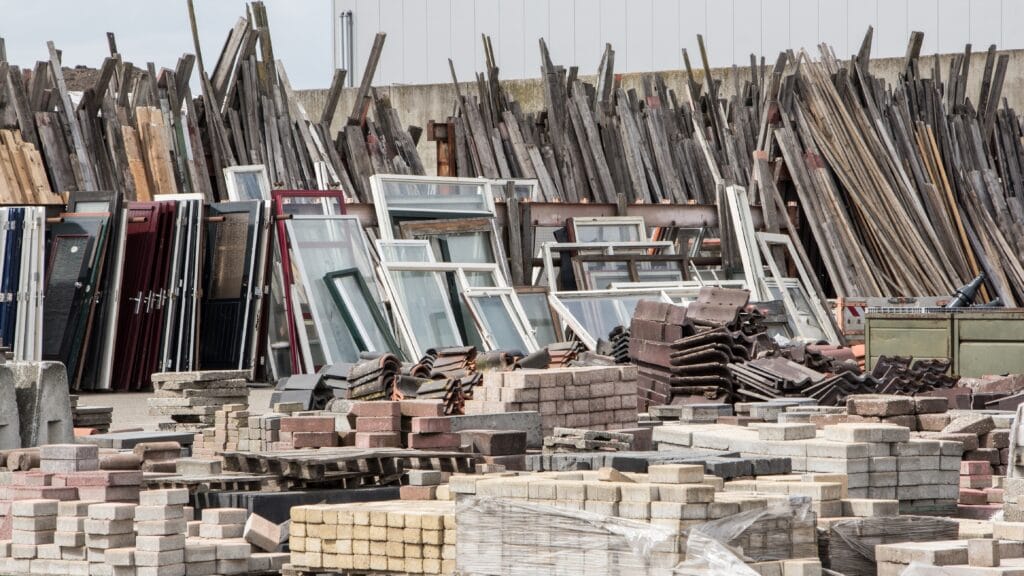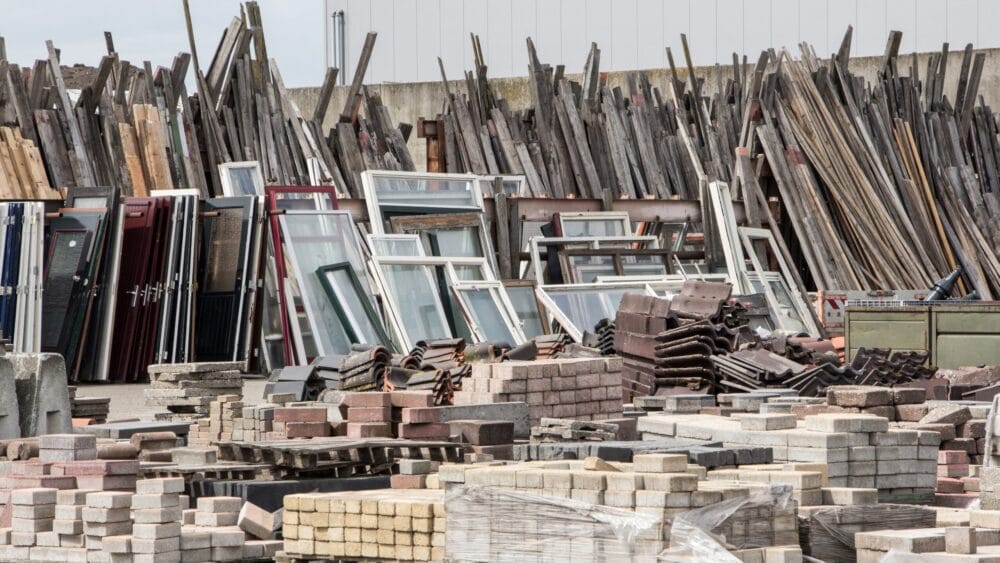With new UK packaging waste regulations now in full force and fixed penalty fines for those failing to meet their legal obligations, the concept of a circular economy has gained significant traction.
The process – which recycles products back into production in line with closed loop principles – means that the product or material can be recycled over and over again, without the need to extract new raw materials from the environment.
This is a more sustainable approach to recycling, as it helps to conserve natural resources and reduce pollution, an approach that could generate a net economic benefit of 1.8 trillion euros in Europe by 2030.
Waste management experts, Reconomy, are blazing a trail in this field with their unique approach from consultation to review.
They share how businesses can benefit from implementing circular systems to save time, waste and money.
Consult
Businesses should first conduct a full audit of their waste management processes and identify any areas for improvement. This should include a deep-dive analysis which can then inform your future plans.
For retail businesses, this may help evaluate packaging and supply chain processes which may lead to sustainable alternatives, such as recyclable or reusable packaging.
Whereas for manufacturing businesses, consultation can help embrace waste reduction techniques such as lean manufacturing which may help to minimise waste.
Equip
During the ‘equip’ process, businesses are equipped with the necessary tools to facilitate the circular process. This may include heavy duty equipment such as balers, compactors or roll packers in addition to recycling bins, composting facilities or in-store collection points.
For manufacturing businesses, implementing advanced recycling technology can recover materials better, enabling their transformation into other products and resources.
Collect
The collection process enables a timely and responsible collection of a company’s various waste streams.
Within the retail sector, introducing well-designed waste collection systems can improve recycling rates and also promote responsible disposal practices among your customer base.
Manufacturing businesses can also benefit from streamlined waste collection that embrace better sorting and segregation principles.
Process
It is estimated that 2.5 million metric tons of waste are generated in the UK every year of which only 44% is recycled. During the processing stage, this waste is transformed into valuable, reusable resources.
This could include innovative pilot schemes where waste is transformed into cash or second-life products.
In the retail sector, recycling facilities can be used to process packaging materials whereas manufacturing companies can upcycle materials to reduce their environmental impact.
Comply
Failure to comply with waste regulations can be steep in addition to causing lasting reputational damage. Compliance ensures that businesses stay in line with legal requirements and the best sustainable practices.
This is particularly important within the retail sector where businesses need to demonstrate their commitment to sustainability to meet packaging waste regulations.
Review
To ensure peak circular performance, regular reports can be helpful from your chosen waste management experts.
This can include continual feedback on your progress and the effectiveness of your waste management strategies. Through data analysis and performance tracking, businesses can highlight areas for improvement and optimise their circular systems.
Retailers, for instance, can assess the success of packaging reduction explore new ways to get their customer base to help engage with sustainable practices.
This can be particularly useful for manufacturing firms too. Reports may enable them to review waste generation patterns and identify opportunities for waste prevention.

Sources
Europe’s circular-economy opportunity | McKinsey
Packaging waste: producer responsibilities – GOV.UK (www.gov.uk)
UK: plastic packaging waste types 2022 | Statista
Biggest environment fines of 2020 | Croner-i (croneri.co.uk)
Waste management – Everything you need to know | Reconomy








